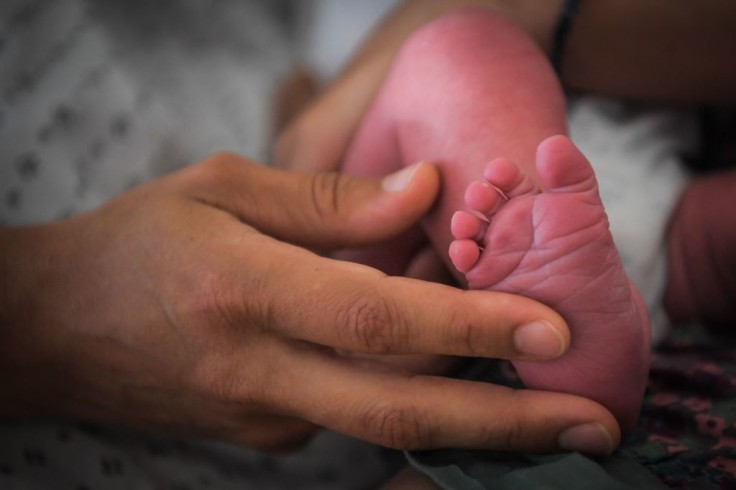
As a new parent, your top priority is ensuring your baby's safety, especially during sleep.
Sudden Infant Death Syndrome (SIDS) is a distressing and tragic occurrence that can happen during a baby's sleep. It's crucial to understand the key principles of SIDS prevention, infant safety, and following appropriate sleep guidelines.
Unfortunately, approximately 3,400 infants under 1 year old experience unforeseen deaths annually, as reported by the CDC. These fatalities fall into three primary categories: SIDS, accidental suffocation/strangling, and unidentifiable causes.
In a given year, multiple thousand infants meet their end due to SIDS, with 1,250 recorded cases in 2019.
SIDS is characterized as an abrupt and inexplicable death in babies under 1 year old, with the majority of occurrences occurring between 1 and 4 months of age. An overwhelming 90% of SIDS fatalities take place within the first six months of life.
Sleep Guidelines for SIDS Prevention
In this comprehensive guide, we'll delve into essential practices that parents can adopt to minimize the risk of SIDS while keeping their little ones safe and sound.
1. Understanding SIDS Prevention
SIDS prevention is a critical aspect of parenting, particularly during sleep hours.
To effectively prioritize infant safety, parents must be well-versed in the strategies that contribute to a secure sleep environment.
While the exact cause of SIDS remains unknown, researchers have identified various risk factors that contribute to its occurrence.
By being aware of these factors, parents can take proactive measures to minimize the risk while adhering to established sleep guidelines.
2. Prioritizing Infant Safety
Creating a sleep environment that upholds infant safety is paramount. Follow these sleep guidelines to ensure your baby's well-being:
Always place your baby on their back to sleep, whether it's naptime or bedtime.
Utilize a firm and flat sleep surface, such as a crib or bassinet, devoid of pillows, stuffed animals, or loose bedding.
Guarantee that your baby's sleep area is smoke-free, as secondhand smoke increases SIDS risk.
Keep the baby's sleeping space close to your bed, but avoid co-sleeping.
Dress your baby in sleeper outfits or one-piece sleepwear to eliminate the need for blankets.
3. Parental Priorities and Vigilance
Fostering a sense of security for your baby requires aligning your parental priorities with the principles of SIDS prevention and infant safety.
Finding a balance between vigilance and granting your baby uninterrupted sleep is essential.
Utilizing baby monitors allows you to monitor their sleep without disrupting their rest. By prioritizing infant safety and sleep guidelines, you can create an environment that promotes healthy sleep patterns.
4. Sleep Guidelines for Babies
Guidelines for baby sleep are vital to reducing the risk of SIDS and promoting healthy sleep routines. These sleep guidelines include:
Establishing a consistent sleep routine that incorporates a soothing bedtime ritual.
Maintaining a comfortable and cool sleep environment to prevent overheating.
Refraining from using sleep positioners, wedges, or unverified products that claim to prevent SIDS.
Introducing a pacifier at naptime and bedtime, as studies suggest, can lower SIDS risk.
Educating caregivers and family members about safe sleep practices to ensure consistent adherence to your baby's sleep routine.
In conclusion, the convergence of SIDS prevention, infant safety, parental priorities, and adherence to sleep guidelines fosters a secure sleep environment for your baby.
By grasping the significance of these factors and consistently implementing them, you provide your baby with an optimal start in life.
While SIDS prevention is paramount, remember that each parent's journey is unique, and consulting pediatricians and healthcare professionals can offer additional guidance and support on this remarkable parenting journey.